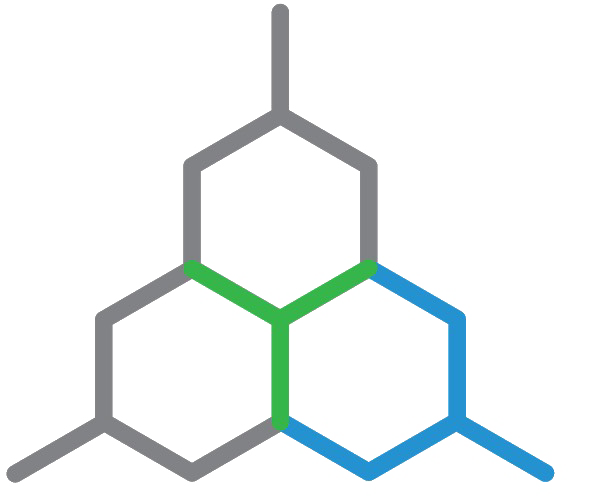Proteus Digital Health’s Uncertain Future in Digital Therapeutics
Proteus Digital Health, a promising digital therapeutics (DTx) company targeting prescription adherence, was once valued at $1.5B. Now, the company faces an uncertain future as it failed to close a $100mm funding round. The company's renowned product, “smart pills,” pairs digestible pills with a smartphone app that alerts patients to take their medication. In 2017, Proteus landed a partnership with Otsuka to develop a digital medicine system named Abilify MyCite to target mental health disorders. The landmark product gained FDA clearance the same year. Despite the excitement over the digital pill, Proteus struggled with patient adoption and has limited data to corroborate the solution’s efficacy—prompting funding partners and potential investors to drop out. Such a downturn has become common for DTx companies, who have been struggling with clinical adoption and may be at risk of losing crucial funding.
Telehealth Expansion to Close Crucial Health Care Gap
The US Department of Agriculture (USDA) has announced plans to allocate nearly half of its $42.5mm in grant funding toward the development and expansion of telehealth services for rural Americans. This endeavor is the latest federally-funded push to utilize digital health services to improve rural health care.The grants will cover various areas of focus including: providing quality telehealth services to rural populations, expediting the delivery of opioid treatment, increasing access to behavioral health services, and installing telemedicine equipment across various primary care offices and hospitals. Other federal entities like the Federal Communications Commission (FCC) are also targeting rural Americans and will allocate upwards of $90mm toward a pilot program to incentivize providers to develop broadband-based telehealth programs.
VA Optimizing Health Outcomes Through AI
The US Department of Veterans Affairs (VA) announced the launch of the National Artificial Intelligence Institute, which aims to improve health outcomes for veterans through research and development of advanced AI and machine learning technologies. The VA is currently utilizing AI to better inform treatment decisions, identify at-risk or high risk patients, and improve clinicians' ability to interpret lab results. From the development of telehealth pods that serve veterans in remote areas to partnering with Verizon to maximize telehealth services, the launch of the institute is the agency's most recent effort in addressing veterans' unmet needs through health innovation.






